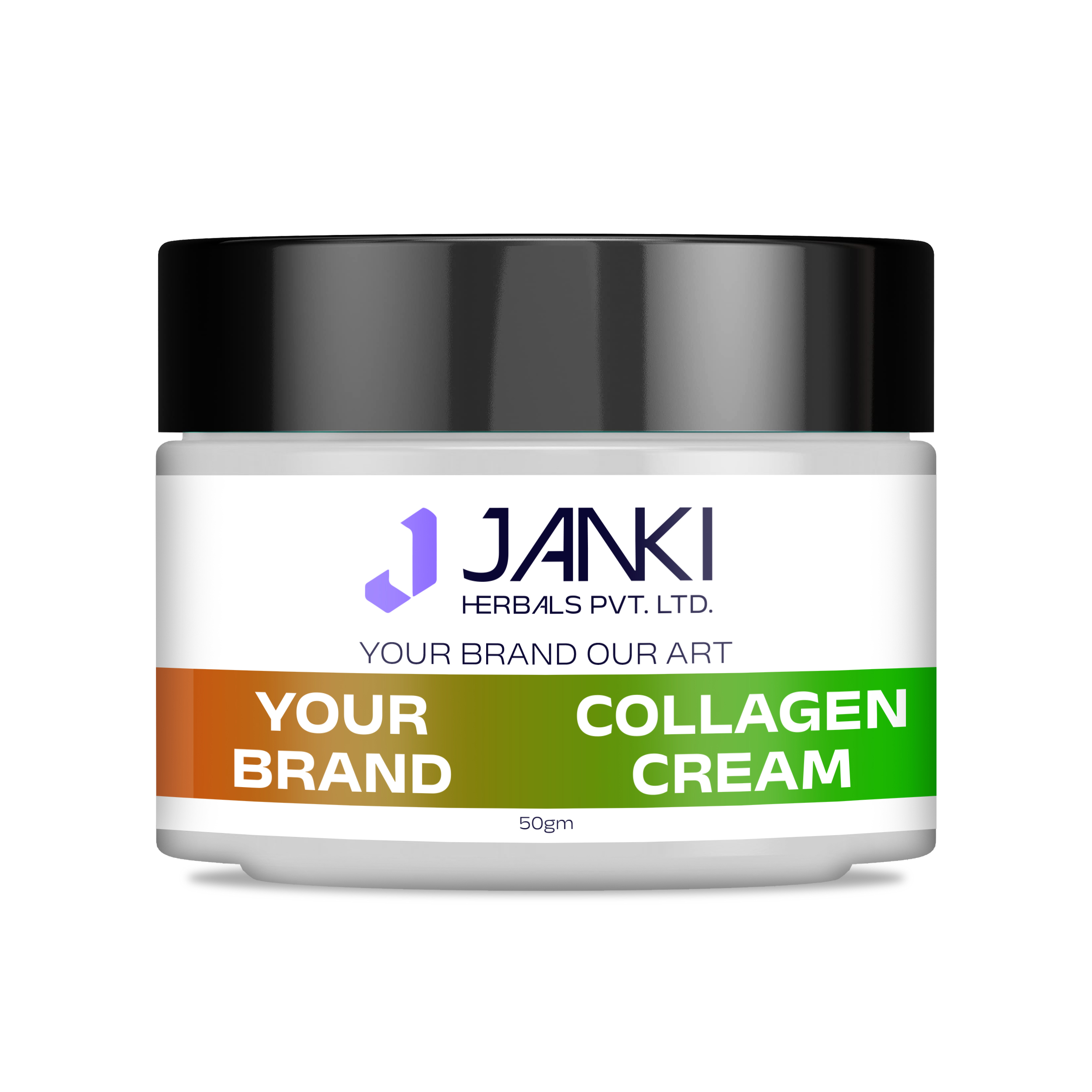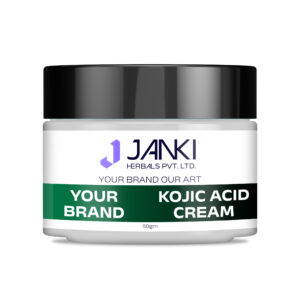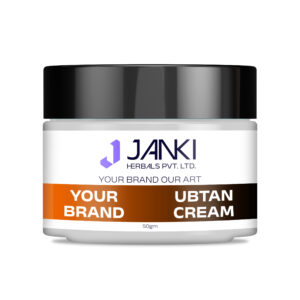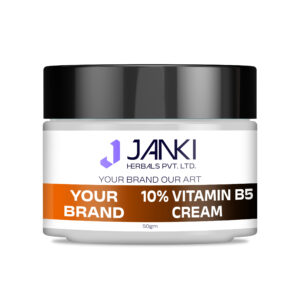COLLAGEN FACE CREAM
COLLAGEN FACE CREAM
Collagen has been long regarded as the ‘fountain of youth.’ For centuries, women consumed food rich in collagen to smooth withered skin and preserve joints. In the 1980s, collagen became available, yet expensive, through inject-able fillers to soften skin lines.Due to its tremendous benefits to the skin, collagen became easily and readily accessible to the wider population through edible fruity chews, creamers, sachets, and capsules as well as through cosmetic and medical creams, serums, and lotions, among others. Collagen is one of the proteins responsible for skin elasticity and stretchiness. Collagen is plentiful in the skin, making up between 75% to 80% of the skin’s composition. Collagen wards off wrinkles and fine lines.
KEY BENEFITS
1. Collagen benefits skin hydration
Collagen peptides have particular hydration structures. The moisturizing factor in your skin, thus, increases, providing your skin with the hydration it needs. Hydrated skin is healthy skin with distinctive smoothness and glow.
2. Collagen benefits skin elasticity
As a main protein, collagen supports connective tissues in the body, allowing the skin to retain its elasticity. That way, your skin would not look soggy and weathered. A study conducted on 69 women exposed to collagen daily revealed significant improvement in skin elasticity as opposed to a group of women who were not exposed to collagen.
3. Collagen fights aging
Your body produces less collagen as you age. This decrease in production of collagen leads to dry skin and the formation of wrinkles. Therefore, the more collagen you have in your skin, the less likely you will develop wrinkles. Remember, collagen is a traditionally-used and research-proven anti-aging ingredient.
4. Collagen increases blood flow to the skin
Collagen is a vital component of blood vessels. Through strong and flexible vessels, collagen can ensure a good blood flow into the skin, which is, ultimately, what your skin needs to maintain its healthy features.
5. Collagen helps with wound healing
Collagen has an important role in wound healing. Collagen attracts fibroblasts to the wound site. Fibroblasts are the most common cells found in connective tissues. Essentially, collagen has great potential to stop bleeding, attract skin cells to the wound bed, and stimulate formation of new blood vessels. Collagen can also be left in wounds without irritating your skin or causing bacterial growth







